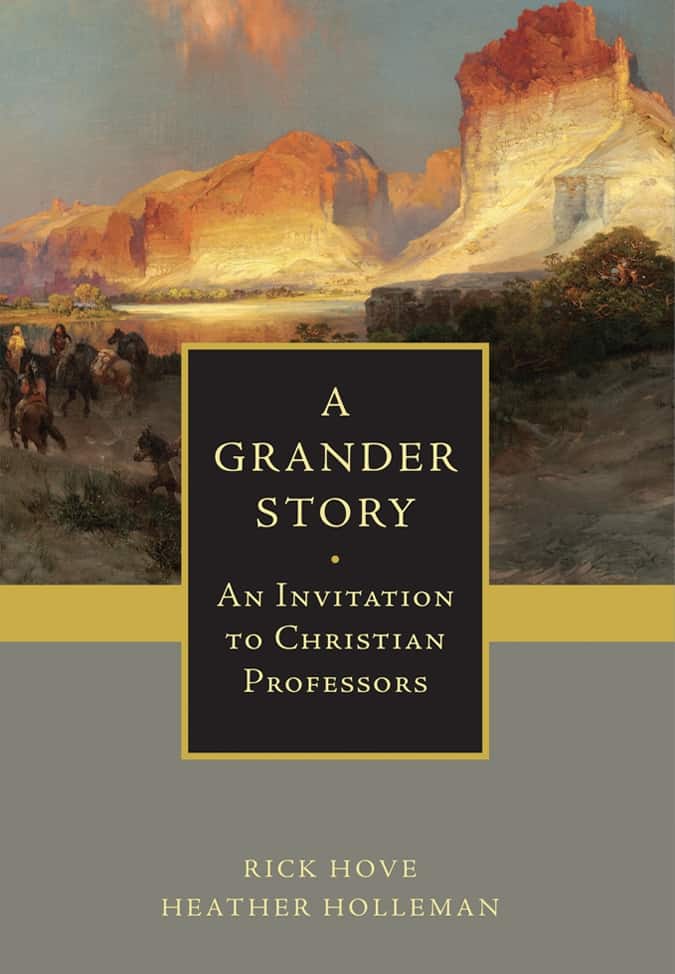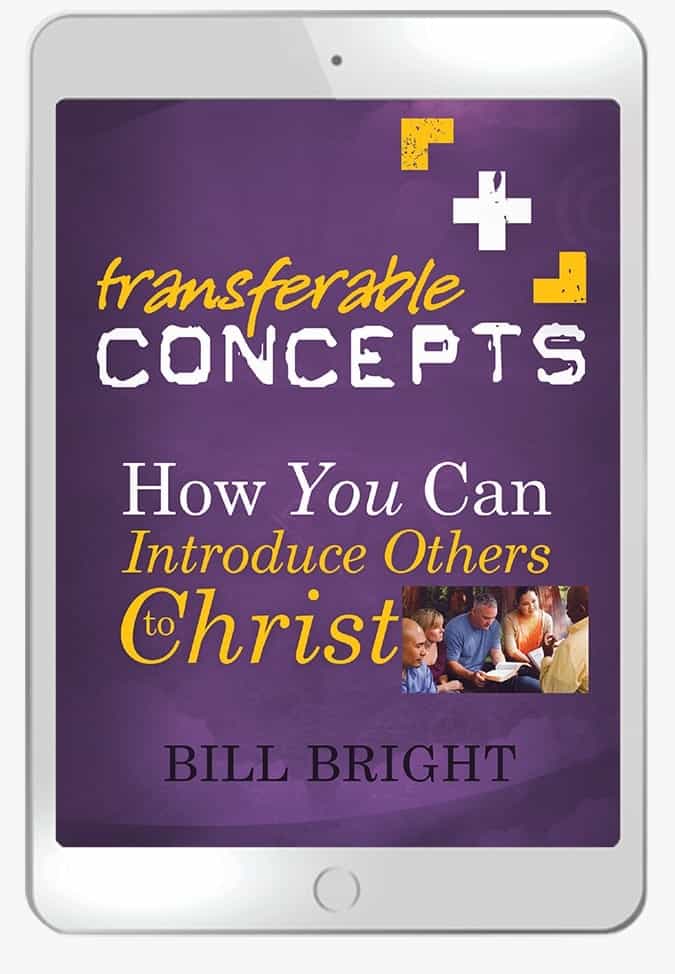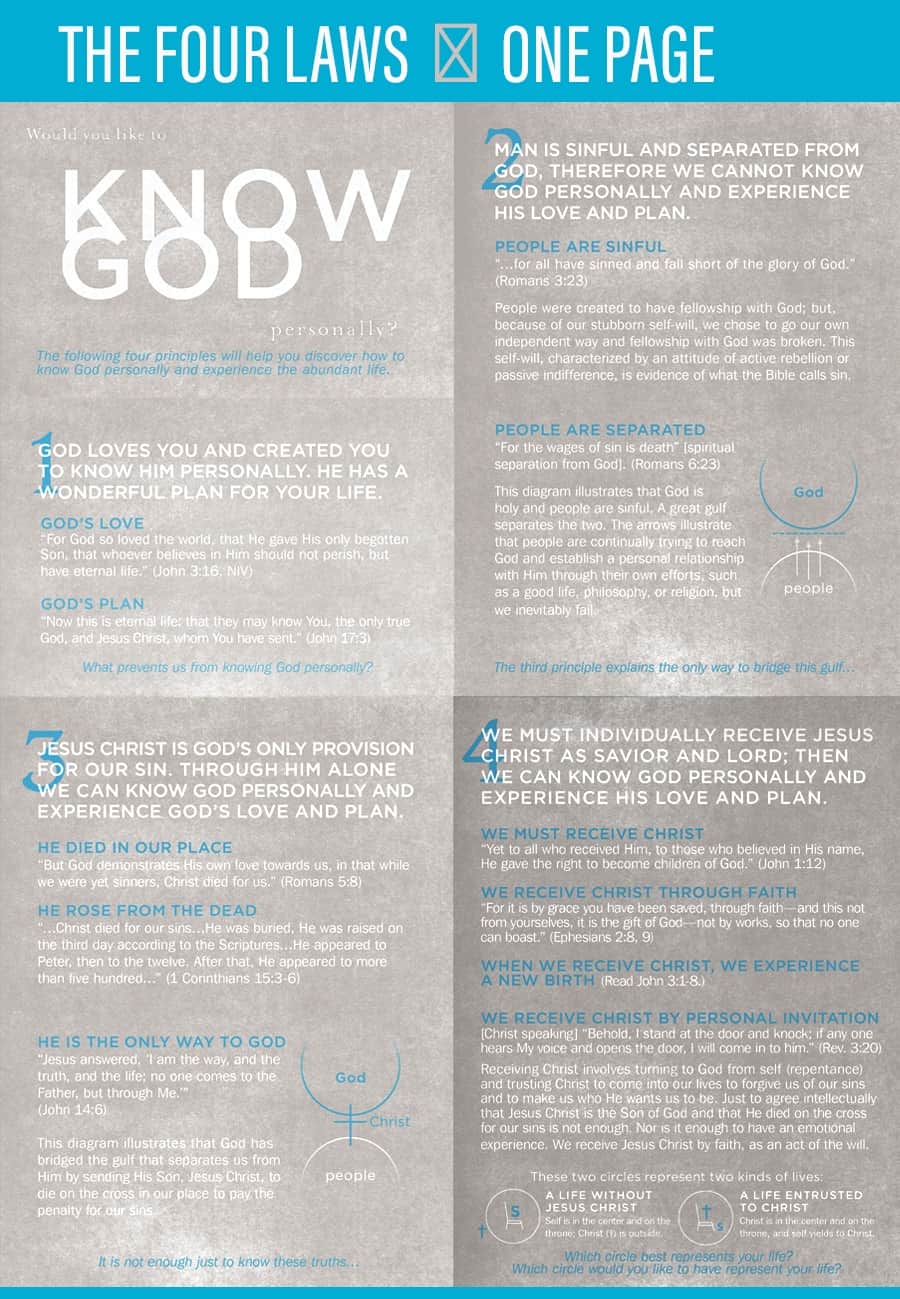Did Jesus Come to Reach the Gentiles?

God has always been concerned about extending His love and forgiveness to all nations and people.
God initially chose one man, Abraham, through whom He would grow the nation of Israel (Genesis 12). Israel was meant to be “ … a light for the nations, that My salvation may reach to the end of the earth” (Isaiah 49:6). And from this nation would come the Messiah, who would fulfill all of what was written and hoped for in the Old Testament, bringing the blessing of Abraham to the nations.
The New Testament picks up where the Old Testament left off. The foretold Messiah enters history, and God’s promise and plan of salvation are fulfilled in the person of Jesus Christ. God sent His Son, Jesus, so that whoever believes in Him would have eternal life (John 3:16).
Here are some shortcuts to specific sections if you’re in a hurry:
The Old and New Testaments on God's plan for Gentiles

The first book of the New Testament, Matthew, begins where the last book of the Old Testament, Malachi, ended — even though there were 400 years between the two books.
Malachi was a Jewish prophet — someone who spoke to God and for God. A prophet enforced the Mosaic covenant, a collection of laws under which the nation of Israel lived. The book’s message warns of an imminent day of judgment called “the Day of the Lord.” It would be “a great and terrible day” of “cleansing and burning” and a time of great joy and reward for the faithful.
Because God is so concerned with being honored among the nations, He is about to act, Malachi warns. He will first send someone to prepare the way for Him (Malachi 3:1). This person will come in the likeness of an Old Testament prophet; he will be like the fiery man of God named Elijah (Malachi 4:5).
After the way has been prepared, then God, the Son, will come Himself (Malachi 3:1).
John the Baptist Prepared the Way
Jesus identified John the Baptist as the “Elijah” whom Malachi had promised (Matthew 11:13-15).
Jesus was warning that a turning point in history was near. The last of the prophets, John the Baptist, had been sent to bring about a message of reconciliation with God.
John had been sent as a messenger to prepare the way for God’s Son, Jesus, the Messiah. John suffered just as the Messiah would suffer. In light of Israel's failure to keep the old covenant they had made with God, Jesus announced a new covenant promise.
How the Book of Malachi Bridges to the Book of Matthew
Did Jesus Come to Reach the Gentiles?

The Book of Malachi summarizes the Old Testament books as a unified story that points to the future. It highlights the spiritual failures of God’s chosen people, Israel. It also speaks of God’s unfailing love for His people. This love would send Jesus into the world, as noted in the opening of the New Testament.
The Israelites failed, but Jesus would succeed. Jesus knew that the Israelites would continuously break the covenant agreement God made with His people at Mt. Sinai (in Old Testament times). Prophets were sent to call them back to following God, but they failed. Jesus paid the penalty for the people’s disobedience with His sacrificial death on the cross. He lived out and fulfilled the covenant law perfectly to reconcile both Jews and Gentiles to God. In doing so, he made "one new man" from the two groups (Ephesians 2:15-16).
How Jesus’ Title “Son of Man” Reveals His Mission
Jesus is “the Son of God” referred to prophetically in Psalm 2:7, and He acknowledged this during His trial before the Jewish religious council, the Sanhedrin. But the title He used most often throughout His ministry was “Son of Man,” a title derived from the Old Testament books of Ezekiel and Daniel. More than 40 times in the Gospels the term is used, always by Jesus referring to Himself. The disciples never used the term, but called Him “Lord,” “Master” or “Teacher.”
In the book of Ezekiel, the title “son of man” prophesied and emphasized Jesus’ perfect humanity, the new covenant He would bring and that He would fulfill the promise that the Gentile nations would come to know God (Ezekiel 37-39). In referring to the book of Daniel, the title showed that Jesus understood His identity as the Messiah — the anointed One from God and promised deliverer foretold from the Old Testament. Jesus was the perfect God-man who would bring in God’s everlasting kingdom for all people.
First the Jew, Then the Gentile
Did Jesus Come to Reach the Gentiles?

The vision of a kingdom that included Jews and Gentiles was part of Jesus’ plan from the very beginning of His ministry.
Jesus’ first sermon in His hometown of Nazareth demonstrates that His life purpose extended far beyond the nation of Israel. Though He was not surprised that His own people — the Jews — did not receive His message. “That’s the way it has always been,” He said (Luke 4:24, ESV).
There were many widows in Israel in the days of Elijah … and Elijah was sent to none of them but instead to Zarephath, in the land of Sidon, to a woman who was a widow. (Luke 4:25-26, ESV)
Jesus preached about the prophet Elijah being sent out of Israel to meet a widow during a time of famine, His hearers knew the rest of the story as told in the Old Testament book of 1 Kings 17. Received into a Gentile home, Elijah performed the remarkable miracle of replenishing the flour and oil, then later revived the widow’s son who had died. The widow wasn’t Jewish, but a Gentile.
Jesus continued with the story of Naaman, the Syrian. He was a Gentile military leader and captain of the Syrian army, which was at war with Israel and had almost eradicated the little nation (2 Kings 5:1-14 ). Namaan had leprosy, and although there were many lepers in Israel, “ … none of them was cleansed, but only Naaman the Syrian” (Luke 4:27, ESV).
This dramatic illustration shows that the grace of God isn’t limited to the people of Israel and that Gentiles often displayed greater faith than those who were considered “children of the kingdom.” The proud citizens of Nazareth were infuriated with Jesus, who called into question their privileged status as God’s chosen people.
Strategy #1: First to the Jews
Jesus had a deep conviction of a special mission to the Jewish nation, which was God’s treasured possession (Exodus 19:5). He expressed this so strongly that some have concluded that He envisioned no mission beyond Israel.
As Paul later expressed, Jesus’ mission was “to the Jew first, and also to the Greek”(Romans 1:16; 2:10, King James Version).
Jesus demonstrated His concern for Israel in His instructions to the 12 disciples as He sent them out on their first preaching mission. “Do not go in the way of the Gentiles,” He said, “and do not enter any city of the Samaritans; but rather go to the lost sheep of the house of Israel” (Matthew 10:5-6). The apostle Paul later wrote, “God, having raised up His servant, sent Him to you (the Jews) first, to bless you by turning every one of you from your wickedness (Acts 2:26, ESV).
His ministry was restricted primarily, but not exclusively, to the Jews (Matthew 8:1-13). Indeed, in the very same context is the prediction that the preaching ministry of the disciples would be extended to the Gentiles. “And you will even be brought before governors and kings on My account, as a testimony to them and to the Gentiles” (Matthew 10:18, NASB).
Luke’s Gospel tells of a later preaching mission in which 70 others were sent out two by two (Luke 10:1). Just as the 12 apostles symbolically represent the 12 tribes of Israel, the 70 symbolize the Gentile nations scattered after the Tower of Babel (Genesis 11), according to rabbinical tradition. In Genesis 10, the descendants of Noah are listed, 70 in number.
Jesus may have used this means of symbolizing His long-range purpose. The 12 were sent to heal the sick and announce the nearness of God’s kingdom. The 70 were sent later on a training mission in preparation for their ultimate mission to the whole world.
Strategy #2: Then to the Gentiles
Jesus conducted most of His public ministry in Jewish territory. Under those circumstances, the number of personal contacts with Gentiles recorded in the Gospels is surprising. He healed a demon-possessed Gadarene (Gentile) man (Matthew 8:28-34). Another time, among 10 lepers healed, one was a Samaritan (a mixed race, half-Jewish person), and Jesus remarked upon the fact that only the foreigner returned to thank Him (Luke 17:12-19).
A Samaritan woman was the sole audience for one of Jesus’ greatest dialogues. She received the assurance that the time was near when God would be worshipped, not just in Jerusalem (where the Jews worshipped) or at Mt. Gerizim (where the Samaritans worshipped), but all over the world “in spirit and in truth” (John 4:5-42).
Another example of Jesus reaching the Gentiles involved a Roman centurion. Commander of 100 foreign soldiers, this Roman leader was despised by the Jews who resented this “army of occupation.” Conscious of his own authority, he humbly assured Jesus that it would not be necessary for Him to go to his house to heal his servant (and thus render Himself unclean — because He was a Jewish man — by entering a Gentile home). “But only say the word, and my servant will be healed,” he declared with genuine faith (Matthew 8:8, ESV). Jesus turned and announced to the Jewish crowd following Him: “Truly, I tell you, with no one in Israel have I found such faith” (Matthew 8:10, ESV). He did not stop there but continued by saying: “I tell you, many such foreigners shall come from the east and the west to join Abraham, Isaac and Jacob in the kingdom of heaven. But many others who thought they were ‘sons of the kingdom’ (the chosen people of Israel) shall be shut out” (Matthew 8: 11-12).
“And I, when I am lifted up from the earth, will draw all people to myself”. (John 12:32, ESV)
Jesus’ Resurrection and Promise

The events of Jesus’ last week in Jerusalem provide testimony to the fact that He moved resolutely toward the cross.
He entered the city on a donkey, to fulfill the prophet Zechariah’s prediction from the Old Testament of a king who would speak peace to the nations and whose dominion would be from sea to sea (Zechariah 9:9-10).
Then He went to the temple and found greedy religious businessmen taking advantage of those who had come to worship. So Jesus cleansed this corruption from the court of the Gentiles (the outermost court of the temple in Jerusalem that all peoples could enter), declaring sternly, “My house shall be called a house of prayer for all the nations” (Mark 11:17, ESV).
Standing in the temple, He denounced the chief priests and Pharisees, the official leaders of the Jewish nation, for failing to be good stewards of the truths of the kingdom which had been entrusted to the chosen people, and solemnly declared, “Therefore I tell you, the kingdom of God will be taken away from you and given to a people producing its fruits” (Matthew 21:43, ESV).
“Don’t be misled (concerning the end of the age). It will not be as soon as some think. For this gospel of the kingdom shall be preached in the whole world for a witness to all nations, and after that, the end shall come” (Matthew 24:4-14).
After Jesus’ resurrection, His last words were: “But you will receive power when the Holy Spirit has come upon you, and you will be My witnesses in Jerusalem and in all Judea and Samaria, and to the end of the earth” (Acts 1:8, ESV).
Jesus revealed to John in the book of revelation what the kingdom of God would look like. “After this I saw a vast crowd, too great to count, from every nation and tribe and people and language, standing in front of the throne and before the Lamb…And they were shouting with a great roar, ‘Salvation comes from our God who sits on the throne and from the Lamb’” (Revelation 7:9-10, NLT).
God’s heart has always been for the nations and the global vision of the risen Jesus remains the same. Jesus calls His followers to reach all peoples with the good news of His love and forgiveness.
Check out these apps that can be used to share the gospel with others.
Adapted from “All Nations in God’s Purpose” (Nashville: Broadman Press, 1979), Chapter V. All rights reserved. Used by permission. Copyright 2001 Cru, Inc. All rights reserved.





















